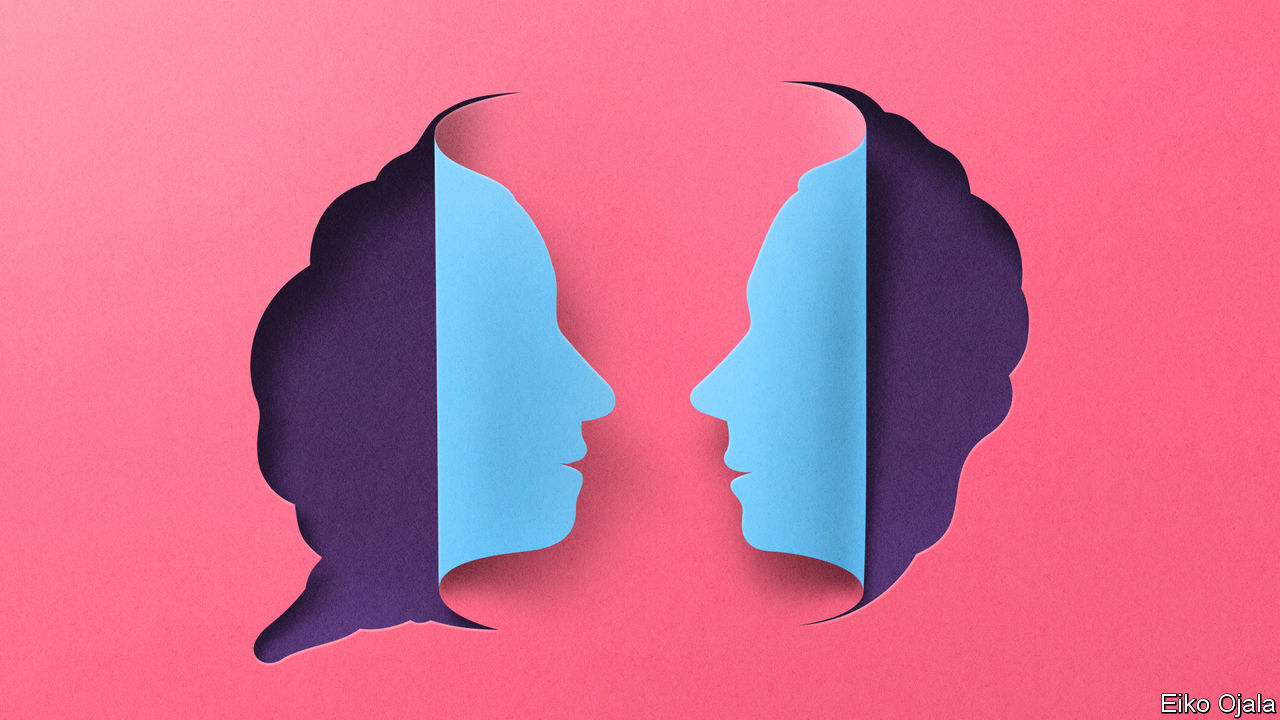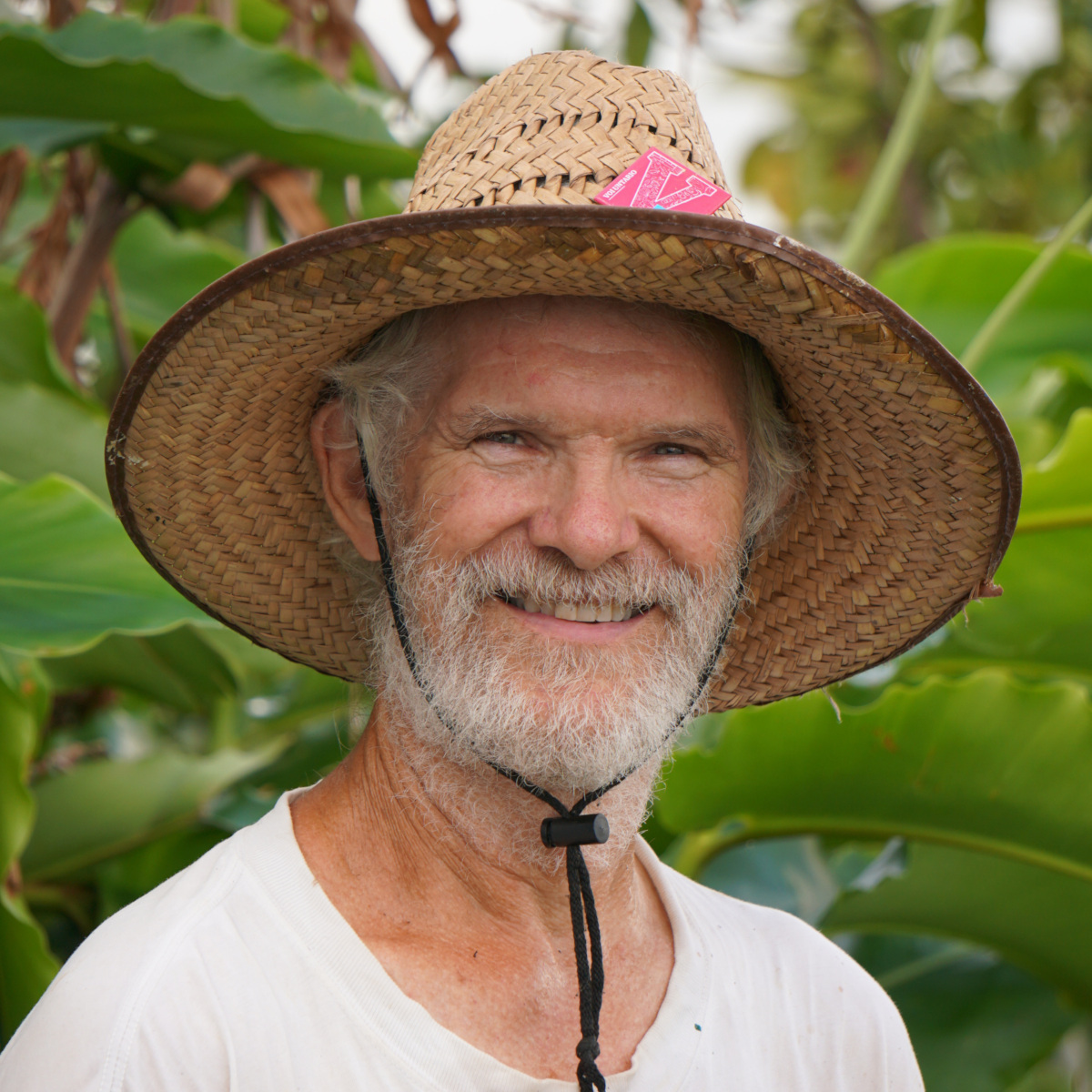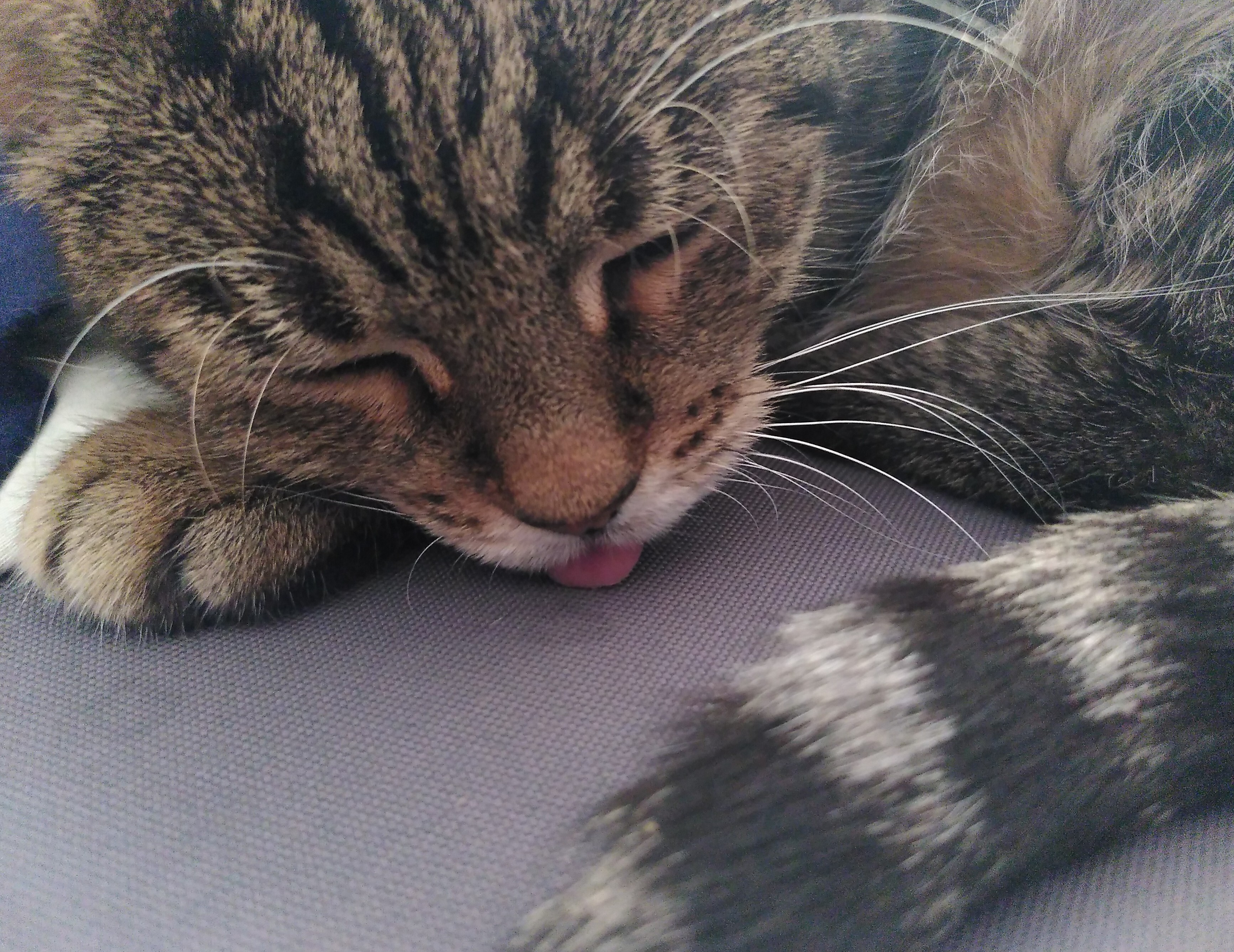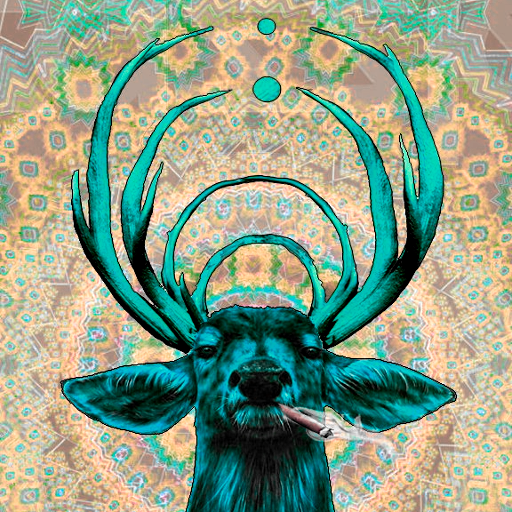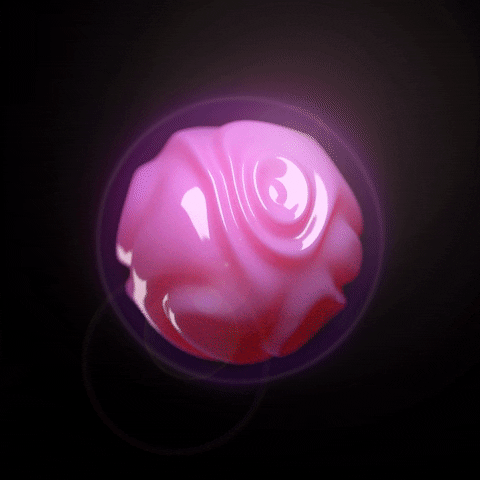We experience ourselves and our surroundings through our consciousness, and yet it is such a mysterious thing. Since we know consciousness only through our own experiences, we find it natural and easy to point out at things that make us special - like our ability to use language and our complex reasoning patterns - and then somehow extrapolate that these things that make us special are intimately connected to our ability of experiencing consciousness.
But, unless I am very mistaken, there is literally no evidence to support this hypothesis. It is a conjecture that we’ve made up because it is easy to believe it. We start from the position that we agree that we humans are conscious - and then other systems have to somehow prove their consciousness… Despite our inability of proving that humans experience consciousness!
Personally, I am of the view that the phenomenon of consciousness is a lot more widespread than we currently imagine. It find it hard to believe that that we are so special, and that it was necessary for humans to evolve until this magical phenomenon of “consciousness” began to take shape.
We have a really hard time accepting we are not special and I believe it is cultural.
To be fair… We have created societies, developed uniquely complex languages across the whole world and then managed to learn each other’s languages, we write books and online posts to transmit knowledge through generations, we have managed to take over a good chunk of the earth and destroyed most of the nature in it, and we can develop technology like no other species… We have even gone to space! I do think we are pretty special in many ways. Not everything is good, but we are still special.
Consciousness, though? I suspect that the underlying phenomenon is fundamental. I don’t think that there is an ‘on/off’ switch that gets triggered only after some information processing threshold is exceeded. But maybe it does, we have no way of measuring this. All I can say is that my guess can’t be much better or worse than any other guess.
We’ve got three cats and a dog. The dog is my partner’s first personal pet. He talks a lot about how amazing their personalities and intelligence are now that he’s lived with his own animals for a few years. They definitely think, dream, and understand way more than we give them credit for. Hell, dogs can understand over something like 150-200 words, and we barely use more than that in normal speech. More and more were finding animals have accents, octopus have cities, etc. I just kind of see us as a louder echo of many of these things. Unfortunately one of those things that does set us apart is that we forget we’re part of the same world that they are.
I was working out how to reply without saying we’re ‘dehumanising’ animals, but apparently even the language we use dismisses other animals in that way.
Telling, isn’t it. ;)
Human brain is the most complex thing in the universe that we know of so I’d say we’re somewhat special. This however doesn’t change the fact that a rat’s brain ranks pretty high up on that list aswell.
Sometimes I wish I was more on the rat brain end, but maybe more the spoiled family dog end.
actually, almost all cetacean brains are more complex than human brains by every measure; more neurons, more interconnections, greater size, more convolutions on the surface.
this humans are so special bias drives me up a wall. we’ve been through several iterations of this. oh other animals do feel emotions, oh other animals do dream, oh other animals are altruistic, oh other animals also use language… like, anybody with a pet and a good bond with them could have told you most of that.
Hard agree… Learning to communicate well with a cat teaches you most of this, and the rest becomes obvious when you realize how individual their personality and behaviour is compared to others of the same species.
deleted by creator
That is true, the whole field is difficult to define using language.
Usually I interpret "consciousness’ to mean ‘qualia’, but even this word is strongly debated by philosophers, so that doesn’t help us much.
When talking about what is conscious and what isn’t, I am usually talking about the notions of consciousness that are discussed when we look at the ‘hard problem of consciousness’.
The definition of ‘ability to react to the surroundings’ is one that can be tested using scientific methods. When one applies a definition that is directly correlated to well-defined neural dynamics (brain activity in a specific region) or behavior (self-recognition when looking at a mirror), then those are usually referred to as the ‘easy problems’ of consciousness, because we can test these experimentally.
The hard problem deals with the actual subjective experience. Whether a ‘movie’ is being played for something or someone to experience.
deleted by creator
I think the main reason of the “default assumption” that only humans have consciousness is that we ourselves are human, and we are only able to prove our own consciousness. Culturally, at least in the Western worldview, humans are framed as equal. This means that we feel comfortable saying that other humans have consciousness as well, but start to get a little antsy about saying that “lesser” creatures have that same experience.
we are only able to prove our own consciousness
The thing is, we can’t actually prove our own consciousness. I know that I am conscious, because I am me. But I can’t prove that to anyone else, and no one else can prove to me that they are conscious. We use pragmatism here and make the choice to accept each other’s consciousness, because if we are not pragmatic we are pulled right into an existential crisis.
We are happy to apply this pragmatic view to each other, but not to other beings. Other beings are expected to prove the impossible before we let them into the consciousness club.
The reason I say we can “prove” our consciousness is not because we can prove it to others, I mean we can prove it to ourselves because we can experience it. Anything outside our current consciousness, however, is not available with such ready belief. For everything else we must be taught to trust that it is true, even if it is impossible to have absolute proof of it.
I think it should also be considered that if we have consciousness then it has to evolve at some point. And if it something complex, and in this case I’m sure it is, then it’s going to takes millions of years minimum to evolve. Unless someone think consciousness developed when humans, neanderthals and our other relatives evolved from whatever relatively recent ancestor, then where consciousness began is going to have to be pushed back. The further it’s pushed back the more animals there are with consciousness.
Ultimately it’s up to the brain and our brains aren’t that different from other animals.
Reading this article is a total waste of time; you might be just a teensy bit more smarter at the end than you did in the beginning.
To save you a click:
A big consciousness experiment that was meant to solve a big scientific dispute came back as inconclusive.
We don’t know how consciousness is generated.
We still don’t know if animals are conscious,
Some researchers, using one unproven model, think only three groups (mammals, cephalopods, and arthropods) might be conscious, but the actual evidence (especially for arthropods) is weak.
Some other researchers, using this other unproven model, think consciousness started with the common ancestor of jawed vertebrates, which would mean a whole bunch of creatures (including insects and most fish) are conscious.
But we don’t know.
Haha, this is the most Western, Neoliberal headline ever, which also is extra funny that it comes from The Economist. Anyone that’s had a relationship with an animal knows this. Seems intuitive with things like Buddhism. But, it’s a cool read for the science.
Anyone that’s had a relationship with an animal knows this
Exactly. They talk about it like it’s a groundbreaking new discovery.
Anyone that’s had a relationship with an animal knows this.
Only losely related, but I believe your anecdotal evidence lines up with my own as well. I adopted 2 cats last year and find myself more seriously considering veganism lately. Sure, I anthropomorphize a lot of their actions and behaviors, but I’m learning there’s a lot more to animals than I previously thought.
They are family and more like us than we give them credit for even if we communicate in different ways. Pets are so rewarding if you give them the autonomy to be themselves.
But, it’s a cool read for the science.
If it wasn’t for the paywall. 🤷
Also “probably”.
Science is rather slow on some obvious stuff, huh?
https://en.m.wikipedia.org/wiki/British_scientists_(meme)
I keep referencing this here but it makes me laugh so much.
This is why I’ve been increasingly depressed that I love meat so much. I’ve even started feeling bad swatting at flies. Humans are egotistical in our assumption that only our way of experiencing reality is special or meaningful. Just because what we call consciousness doesn’t appear to exist in certain living beings doesn’t mean they don’t experience reality and memory in their own meaningful way we don’t understand yet.
Imagine if we discovered blades of grass experienceed pain when cut - I’ve had some existential anxiety over shit like this ☠️
deleted by creator
I hate to tell you, but the smell of a fresh cut lawn? The smell is screams. (It’s a chemical distress call, begging for help from anything in the environment.)
https://edition.cnn.com/2023/03/30/world/plants-make-sounds-scn/index.html
Let the existentialism begin! 🔥🔥
Haha this is exactly what I was thinking of - I read this and it scared the shit out of me. Are we all just animals eating each other to survive and we should just… eat the living things that appear to experience the least distress?
If you go vegan or even vegetarian for a short amount of time (probably a month or 40 days like some recommend), you won’t “love” meat anymore. It’s a combination of the body liking the foods that you regularly feed it, and that your mind will justify your actions. You may remember liking meat even long after giving it up, but many people never go back to eating meat nonetheless.
Give a try to being a vegetarian for a bit. It’s so much easier than just 3 years ago! There are a tons of replacement for meat today that are quite good and not expensive!
I’ve wanted to try! I’ve been grilling vegan burgers at home and replacing some things with tofu when I can. I can see how it’d be easier than a few years ago and definitely want to try like a week and see how I feel!
Make Indian food :D. It’s a gigantic country filled with vegetarians, they have some sick recipes :)
Go vegan


